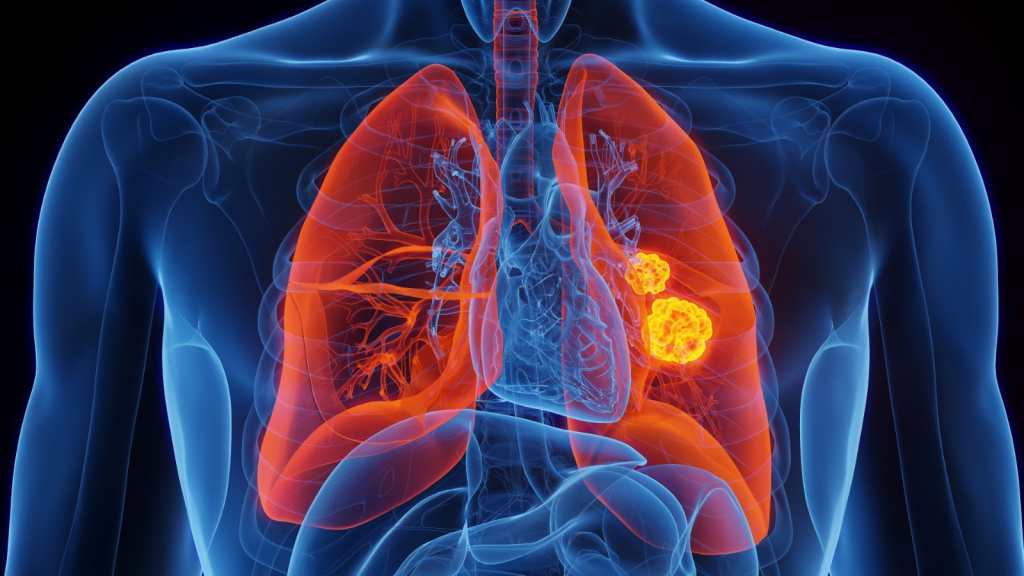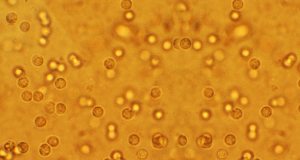Chest pain can be scary, as most people associate it with a heart attack. However, doctors explain that heartburn, stress, panic attacks, and lung diseases can also cause this discomfort, so other symptoms should be analyzed before considering it a medical emergency.
“Chest pain appears in many ways, from an intense stabbing pain to a dull, persistent pain. At other times, it feels like a feeling of oppression or burning. There are also cases in which it travels through the neck, jaw, and reaches the back, or an arm,” says Eduardo Jiménez, an internist.
How to know if chest pain is dangerous
If the chest pain does not decrease or disappear within 15 minutes, if there is pressure or compression in the area, or if the pain is accompanied by symptoms such as nausea, sweating, dizziness, or shortness of breath, it is important to seek help as quickly as possible because it could be a heart-related problem.
Cardiologist Alejandro Calderón says some heart attacks happen suddenly. However, the person would have had to have had warning signs hours or days before.
When we have a heart attack we could have one or more of the following symptoms:
- pain pressure, or tightness in the center of the chest
- Pain or discomfort that extends to the shoulder, arm, back, neck, jaw, teeth, and even the upper abdomen
- nausea, heartburn, shortness of breath, dizziness, fainting, confusion, and sweating
“In the case of women, pain is not the first symptom or at least not the most noticeable one. In them, nausea, back pain, or jaw pain are more intense than chest discomfort,” says Calderón.
Causes of chest pain
Most of the time chest pain is not related to the heart. However, it is important to consult a doctor because only with tests and checkups can the cause be determined.

The internist points out that it is important to take into account that, in addition to the heart, there are other vital organs such as the lungs in the chest. There is also the esophagus and various muscles, so having pain in this area is only related to a heart attack.
Among the most common causes of chest pain are:
- Lung problems: These are characterized by shortness of breath and chest pain. Jiménez indicates that lung discomfort has various causes, ranging from fluid entering the membrane that covers them, tumors, heart failure, pneumonia, or a strong blow to that area.
- Digestive problems: Because the digestive system also passes through the chest, inflammation in the esophagus or stomach can cause chest pain. Acidity or an ulcer in the stomach can also cause this symptom.
- Anxiety and panic attacks: Chest pain and sweating are common symptoms of anxiety and panic attacks, as is tachycardia.
- Back contractures: Having back problems, in addition to discomfort in that area, causes chest pain because the person can barely move and all the muscles become tense.
- Rib problems: These usually arise from a blow or sudden movement, so when you feel the pain you have a history of its cause. Chest pain can also be the result of a dry cough for several days.
Angina in the chest
Angina pectoris is a pain in the chest area that occurs when part of the heart muscle does not receive enough oxygen-rich blood. It is also considered one of the most common complaints in medical emergencies.
The symptoms are similar to those of a heart attack as angina pain is described as a feeling of pressure, heaviness, tightness, or burning in the chest. The discomfort may also spread to the shoulders, arms, neck, jaw, or back.
Angina is considered a symptom of coronary heart disease, which occurs when the arteries of the heart become partially or completely blocked.























+ There are no comments
Add yours